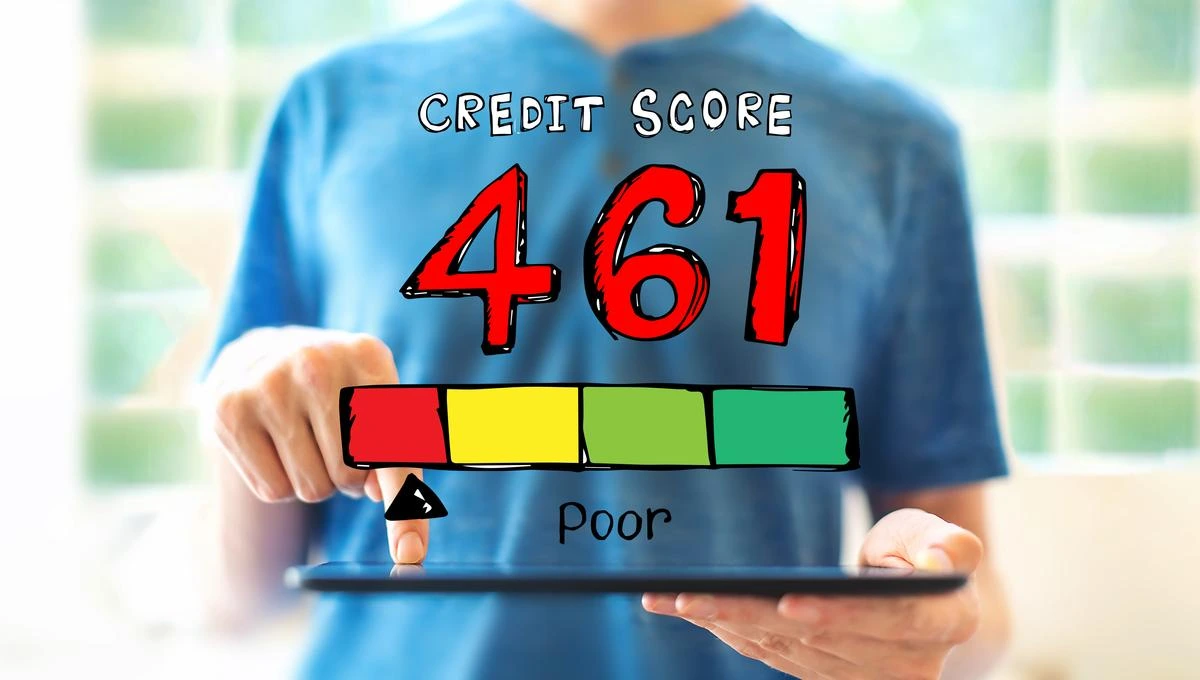Obtaining a mortgage is a significant financial milestone for many aspiring homeowners in Ontario. However, the road to mortgage approval is often determined by one critical factor – the credit score. Your credit score plays a pivotal role in not only whether you will be approved for a mortgage but also the interest rate, mortgage options available, and the pool of lenders you can choose from.
In this comprehensive guide, we will delve into the minimum credit score required to secure a mortgage in Ontario, exploring its impact on the mortgage process and your homeownership dreams.
The Significance of Credit Scores in Mortgage Approval
Credit scores are a numerical representation of an individual’s creditworthiness and financial history. Ranging between 300 and 900, credit scores in Canada provide lenders with insights into a borrower’s credit risk. A higher credit score generally translates to lower credit risk, making mortgage lenders more willing to extend favorable mortgage terms to borrowers with good or excellent credit scores.
Understanding Credit Score Categories in Ontario
In Canada, credit scores are categorized into different bands, indicating the level of creditworthiness:
- Excellent: Credit score above 760
- Very Good: Credit score above 725
- Good: Credit score above 660
- Fair: Credit score above 560
- Poor: Credit score below 560
The Minimum Credit Score for a Mortgage in Ontario
The minimum credit score required for mortgage approval varies among lenders and mortgage products. Generally, most lenders in Ontario expect a minimum credit score of at least 600. However, it’s essential to recognize that different lenders may have varying criteria and thresholds for mortgage approvals.
The Impact of Credit Scores on Mortgage Rates
Your credit scores play a crucial role in determining the interest rate offered on your mortgage. Borrowers with excellent credit scores typically secure the most favorable interest rates, while those with lower credit scores may be subject to higher rates. Consequently, a higher interest rate can lead to increased monthly mortgage payments over the loan term, which may potentially impact your overall affordability.
Credit scores also have an impact on another critical aspect of mortgage acquisition: the minimum down payment. For insured mortgages with a down payment of less than 20%, a minimum suggested credit score of 680 is typically required. Therefore, maintaining a healthy credit score not only affects interest rates but also intersects with down payment requirements, shaping your ability to navigate the mortgage landscape effectively.
Mortgage Options Based on Credit Scores
Mortgage options can vary based on credit scores, as lenders use credit scores to assess the risk associated with lending. Here are the general mortgage options based on credit scores:
1-Credit Scores above 600 – Expanded Options
A credit score above 600 opens up a wider range of mortgage options. Major banks such as Scotiabank and TD might offer competitive mortgage rates to borrowers with credit scores in this range.
However, beyond credit scores, banks and credit unions may consider additional factors like income and employment history.
2-Credit Scores below 600 – Alternative Options
Borrowers with credit scores below 600 may still have access to mortgage financing through alternative lenders known as B-Lenders or Alternative Lenders. These lenders often deal with higher cost mortgages but may impose stricter requirements beyond credit scores.
3-No Minimum Credit Score – Private Mortgage Lenders
Depending on the private mortgage lender, some may not require a minimum credit score. Instead, private lenders may focus more on the amount of equity you have in your home. However, private lenders generally offer higher mortgage rates and are often a last-resort option for temporary financing.
The Impact of Mortgage Pre-Approvals on Credit Scores

Mortgage pre-approvals involve lenders checking your credit, resulting in ‘hard inquiries.’ These inquiries may slightly impact your credit score negatively. However, if the credit checks take place within a certain period, it is counted as a single hard inquiry.
Checking Your Credit Score Before Applying for a Mortgage
In Canada, you can view your credit score through credit reporting bureaus such as Equifax and TransUnion. Both of these agencies charge for credit score viewing.
However, free alternatives like Credit Karma, Borrowell, Mogo, and certain major banks (e.g., RBC, CIBC, BMO) allow you to view your credit score online for free. Monitoring your credit report can help identify areas of improvement and increase your chances of mortgage approval.
Conclusion
Securing a mortgage in Ontario requires a solid understanding of credit scores and their impact on the mortgage process. While most lenders typically require a minimum credit score of 600, higher credit scores can offer more favorable mortgage terms and options.
However, at ORION Financial, we take immense pride in our ability to assist clients at every stage of their mortgage journey, regardless of their credit score. As the best mortgage brokers in Ontario, we connect you with Lenders for Low Credit, and understand the unique challenges faced by borrowers with less-than-ideal credit scores.
With our extensive knowledge and individualized method, we will guide you toward the best mortgage solutions for you. Contact us today for a free consultation!
